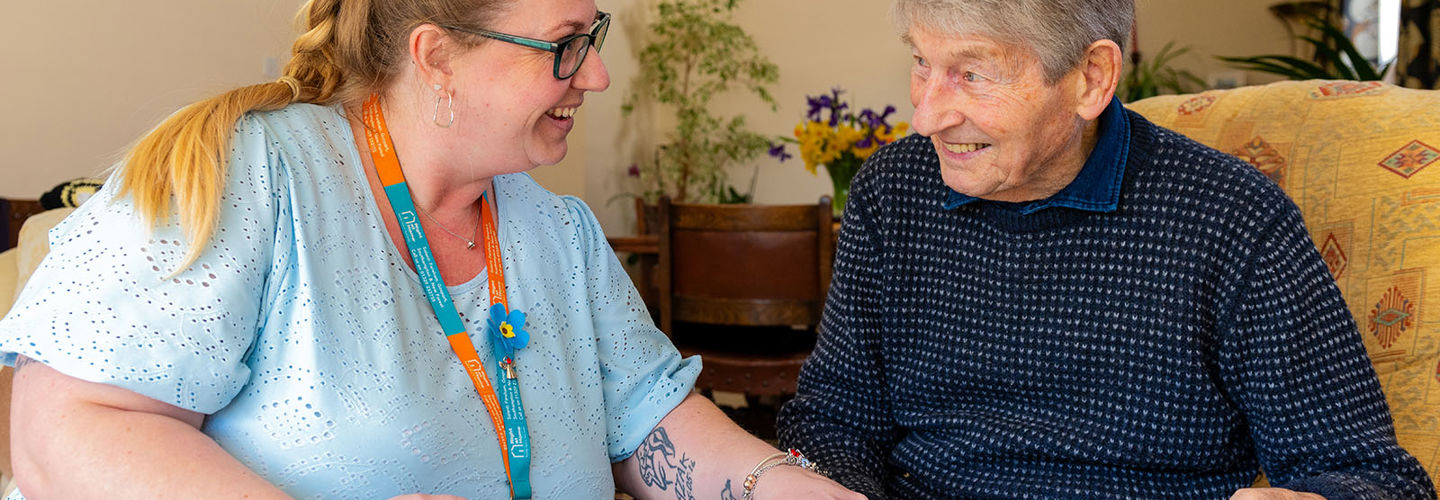
Why Personalised Care Plans are Essential in Elderly Home Care
Published: 12/05/2025
Key takeaway: No two people age in the same way, which means that no single approach works for everyone. That’s why personalised care plans are essential in elderly home care. They recognise that each person has their own history, preferences, and priorities — and they adapt care around those realities.
People in the UK are living longer than ever before, with average life expectancy now around 79 years for men and 83 for women. While recent figures show a small dip compared to pre-pandemic levels, the overall trend points to an ageing population — and with it, a growing need for thoughtful and reliable elderly care.
Among the available options, personalised homecare is growing popular because it offers a flexible and tailored way to support older adults in their own homes. It helps them stay well, comfortable, and independent while giving families greater peace of mind.
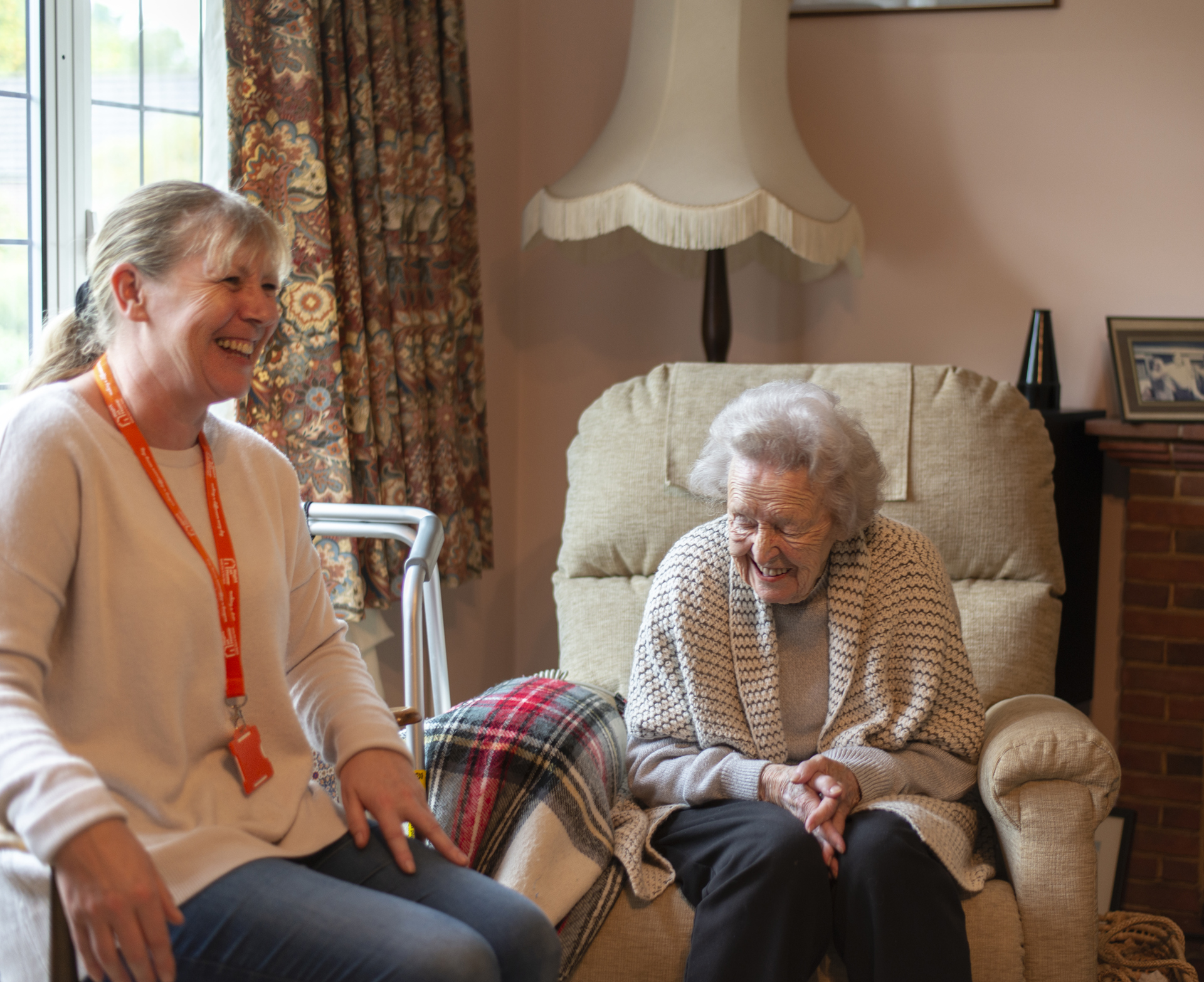
1. Tailored to individual health needs
One of the key advantages of personalised homecare in Central London is the ability to build a care plan around an individual’s unique circumstances. No two Clients are the same, after all, so their care shouldn’t be either. Personalised plans take medical conditions, mobility issues, lifestyle preferences, and routines into account. This might include help with medication, meal preparation, physiotherapy exercises, or mobility support, among other matters.
At Right at Home Central London, our CareGivers work closely with each Client to understand their specific needs. This ensures that we deliver care that is not only effective but also respectful and truly person-centred.
2. Comfort and familiarity of home
There’s no place quite like home, especially as we grow older. Many seniors feel safer and more relaxed in their own space, surrounded by memories and a familiar daily rhythm. Private home care services allow people to receive the help they need without the stress of relocating or adjusting to a new environment.
Staying at home also helps older adults avoid the everyday challenges that come with leaving the house. They don’t have to navigate crowded public transport, deal with unfamiliar routes, or adjust to overstimulating environments. Instead, they can stick to routines they know and trust in a space that feels safe and calming. This familiarity can help reduce stress and anxiety while preventing disorientation, especially for those living with dementia or other cognitive conditions.
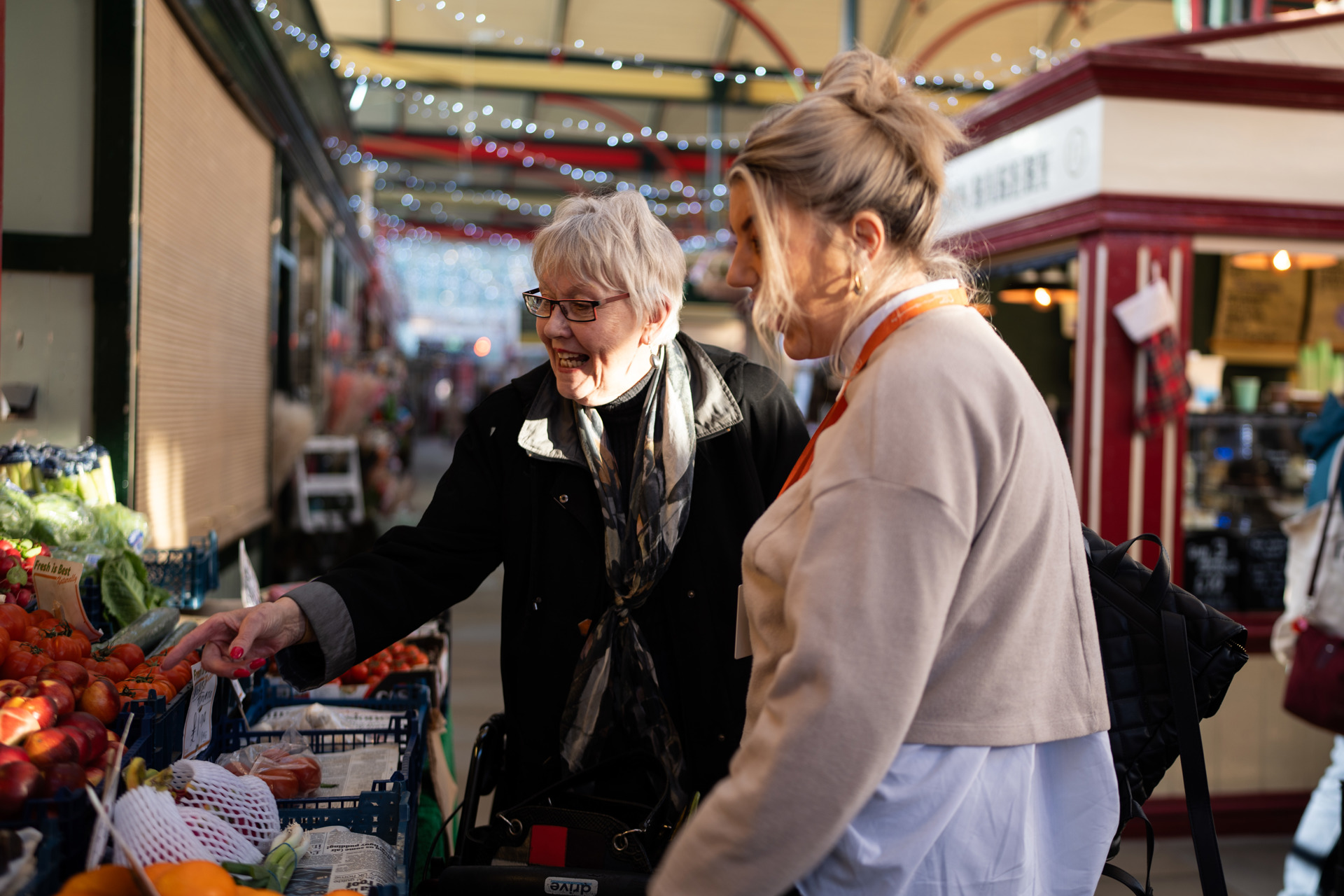
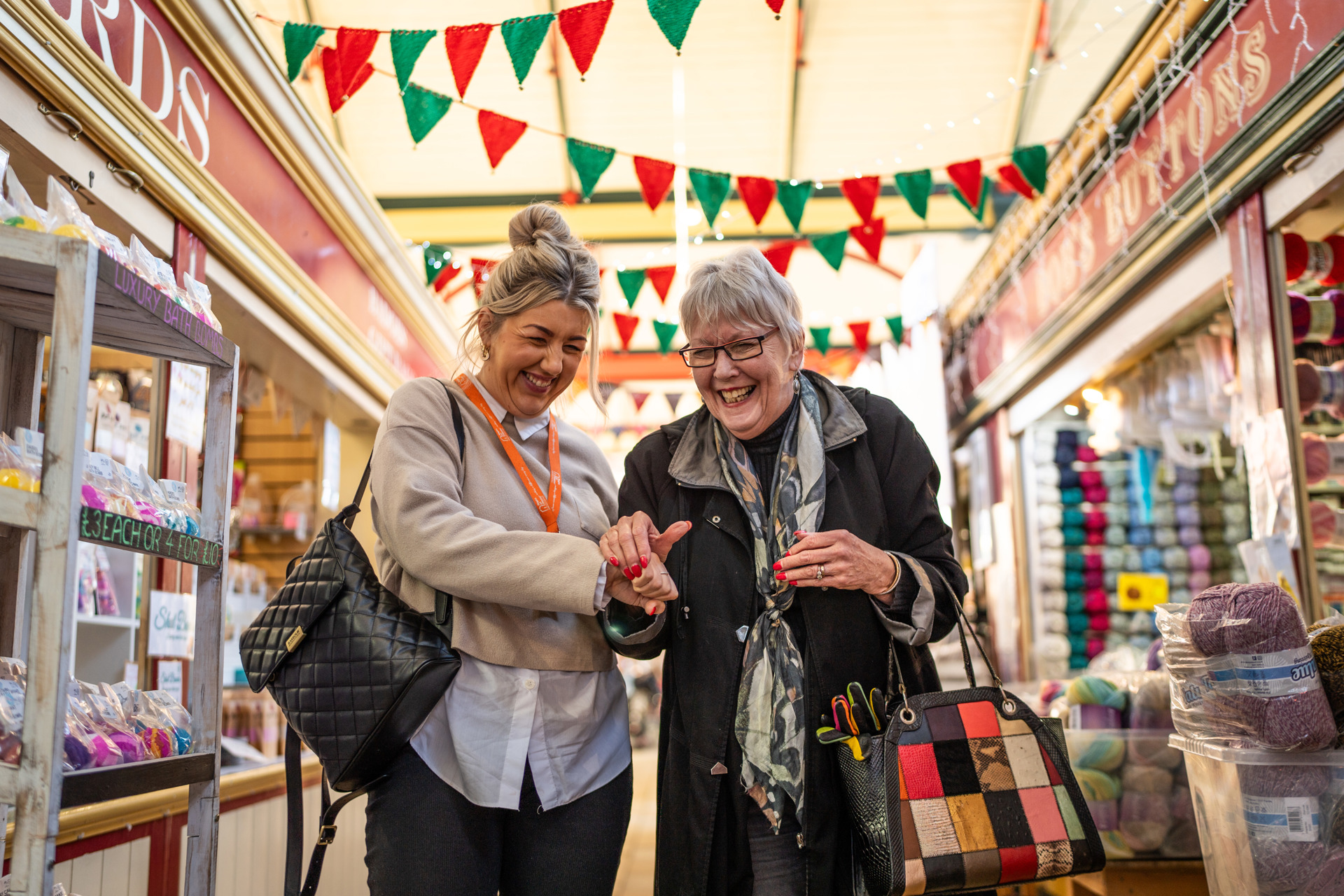
3. Better health outcomes
Care plans that are personalised to fit someone’s specific needs, routines, and health conditions often do a better job of keeping Clients well and preventing setbacks. With regular monitoring and personalised attention, our CareGivers can detect small changes in health and act quickly. This kind of proactive care helps keep chronic conditions under control and makes recovery from illness or hospital stays smoother. It can even prevent unnecessary trips back to hospital.
Having one-to-one care also minimises risks associated with shared care settings, such as infection or overlooked symptoms. It creates a safer and more stable environment overall.
4. Promotes independence
Personalised in-home care services for the elderly help people continue doing the things they enjoy independently while offering just the right amount of support to stay safe and comfortable. This might include assistance with washing, dressing, cooking, or attending local activities — always with the aim of enabling rather than replacing a person’s own abilities.
This balance of independence and support boosts confidence and protects dignity. Allowing older adults to live life on their own terms with a care plan that adapts as their needs change helps maintain a sense of control and purpose every day.
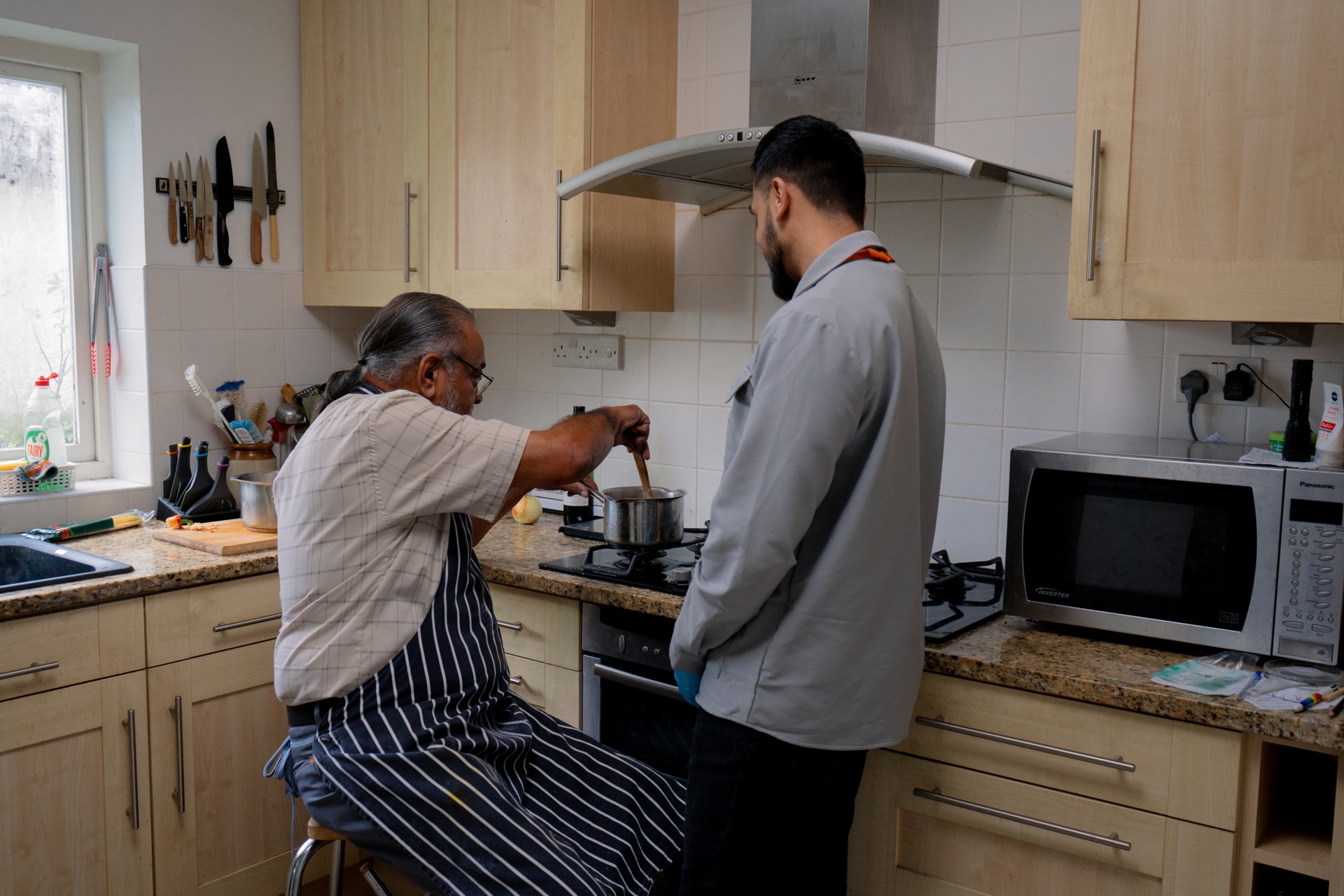

5. Encourages family involvement
With personalised care, families remain at the heart of the care journey. Care plans are created through collaboration — bringing together healthcare professionals, family members, and the individual receiving care. This open communication ensures everyone is aligned and involved in decisions.
For families, this approach can bring much-needed peace of mind. You’ll know that your loved one is receiving thoughtful and professional support — while still having the freedom and autonomy to shape their own care. At Right at Home Central London, we value transparency and keep families informed through regular updates. You can rely on our team to carry out routine reviews and encourage two-way conversations to make sure that care always reflects current needs and preferences.
6. Flexible and cost-effective care
Many people assume that high-quality care must come at a high price. This is not true. But with personalised homecare, services can be tailored to suit both needs and budgets. You might only need support for a few hours each week or more consistent care over time. This flexibility helps you avoid unnecessary costs and means that care can evolve naturally alongside the Client’s changing needs.
Personalised care can also reduce overall healthcare expenses by helping to prevent complications, which ultimately reduces hospital stays. For many families, it’s a more affordable and manageable alternative to residential care settings in Central London, which often require long-term contracts and additional charges for specialised services.
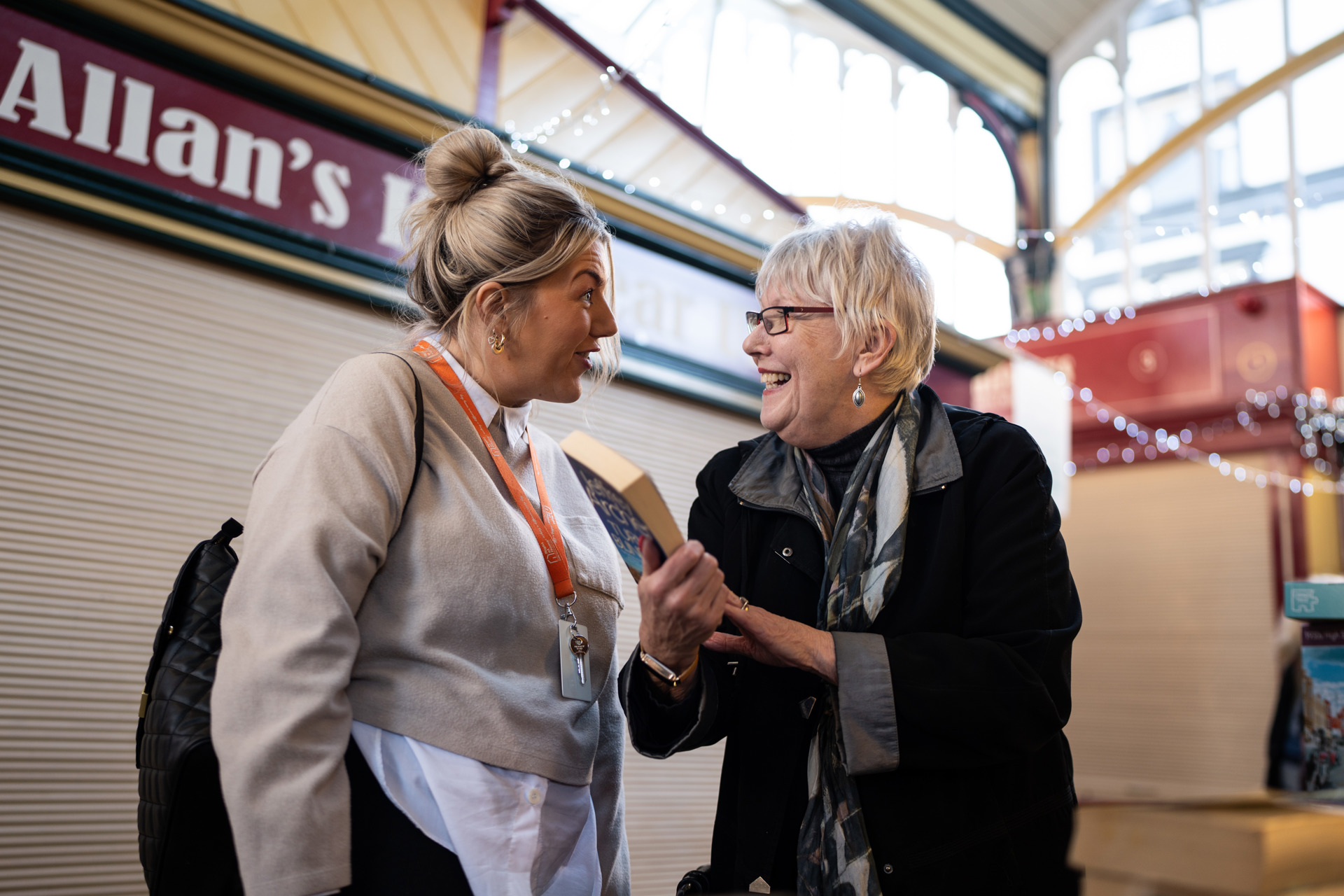

7. A more holistic approach to well-being
Elderly care isn’t just about managing physical health — a truly personalised plan also considers emotional well-being, mental stimulation, and social connection. Loneliness, stress, and cognitive decline can all impact health just as much as physical illness, and the best care plans reflect that.
With consistent companionship and thoughtful day-to-day engagement, personalised homecare supports the whole person. Natural interactions — whether it's sharing hobbies, taking local outings, or simply having a friendly chat — can make a meaningful difference to someone’s outlook and quality of life.
8. Personalised care coordination
A care plan should be more than just a checklist of tasks to complete. Instead, it should be a roadmap for day-to-day life that reflects the individual’s needs, interests, and even their values. This personalised blueprint ensures that everything from medical routines to lifestyle preferences is taken into account.
The plan evolves as life circumstances change. For example, if someone begins to need more help with mobility or develops a new medical condition, the care plan can be updated to include additional support or specialist care. A Client can also adjust their care schedule if they start attending new activities outside the home, or if family members become more or less available to help.
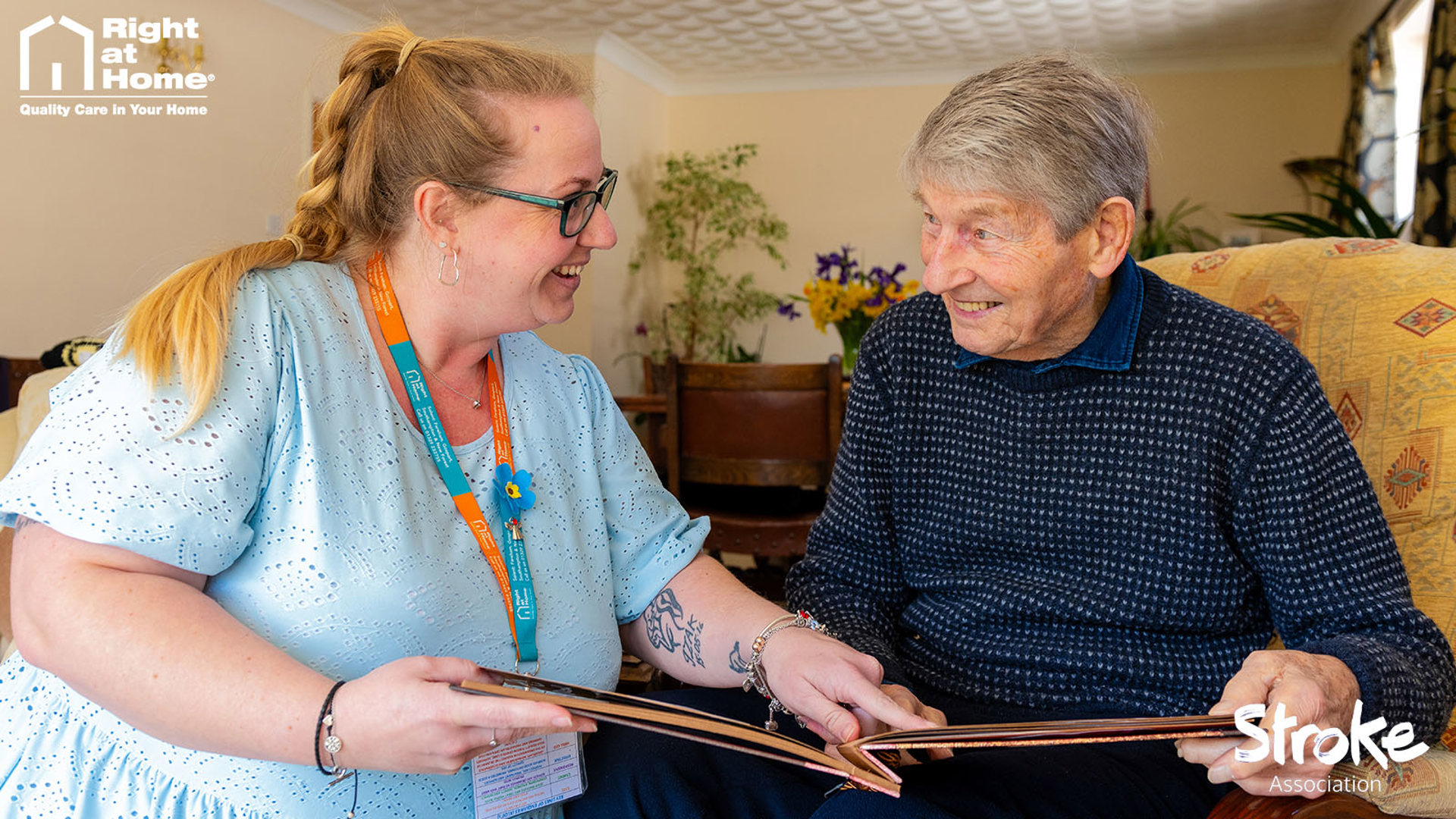
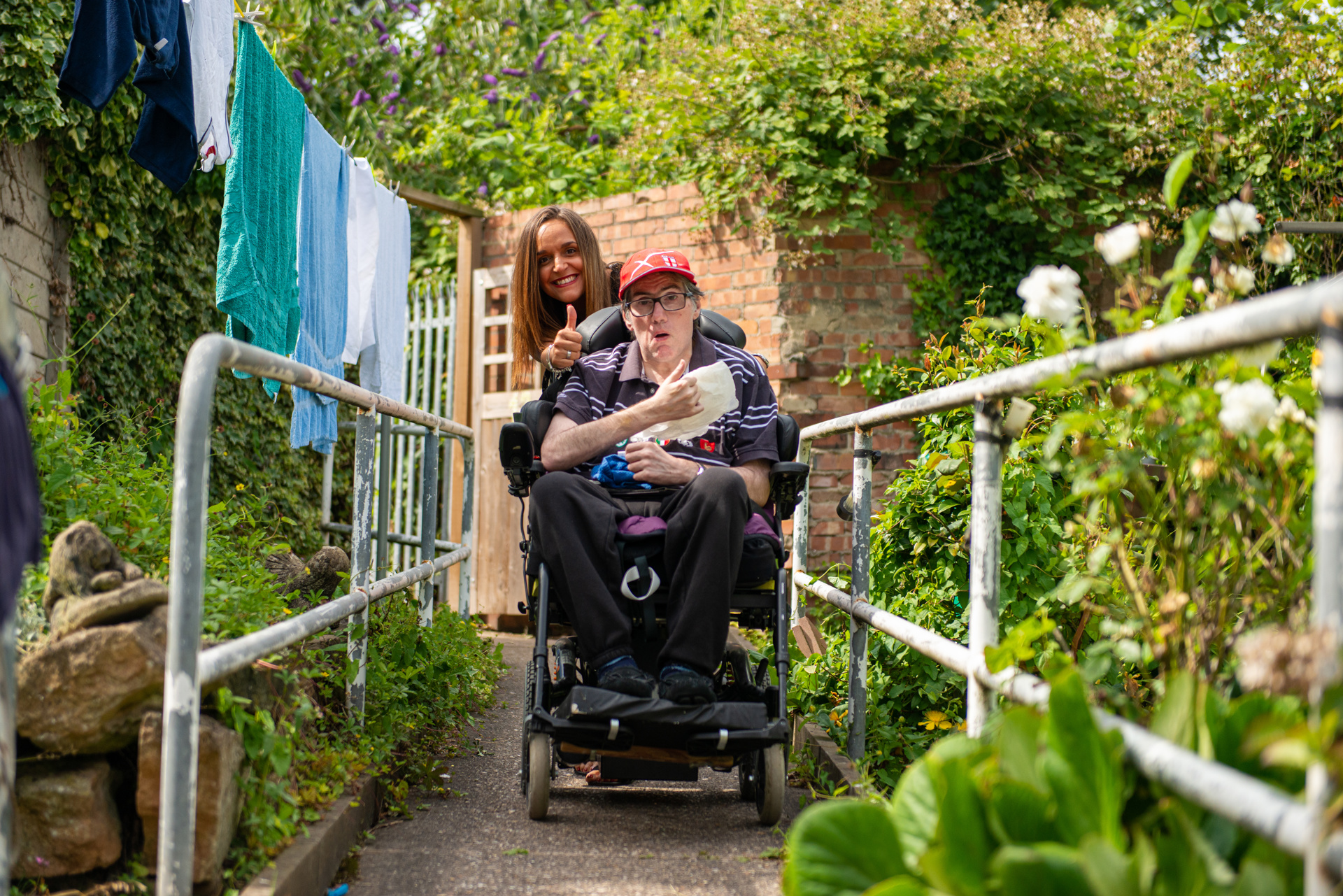
9. Clear communication across the care team
One of the greatest strengths of a personalised care plan is how it keeps everyone informed and working together. It becomes a central reference point that outlines daily routines, medical requirements, and personal preferences so that CareGivers, healthcare professionals, and family members can all stay aligned and provide consistent, coordinated care.
This reduces confusion and minimises miscommunication while helping create a smooth and consistent care experience. Everyone knows what’s expected, what has been agreed, and what’s working, making it easier to focus on what matters most: supporting the person receiving care.
10. Regular review and adaptation
Care needs change over time. This is why a well-designed care plan includes regular reviews and built-in flexibility to respond to shifting health or lifestyle needs. Whether it’s a change in medication, mobility, or mental health, the plan can be adjusted quickly, without needing to start from scratch.
This adaptability is essential for older adults whose care needs may fluctuate from month to month or even week to week. With continuous input from the individual, their family, and healthcare professionals, the care remains effective, safe, and personal — no matter what the future brings.

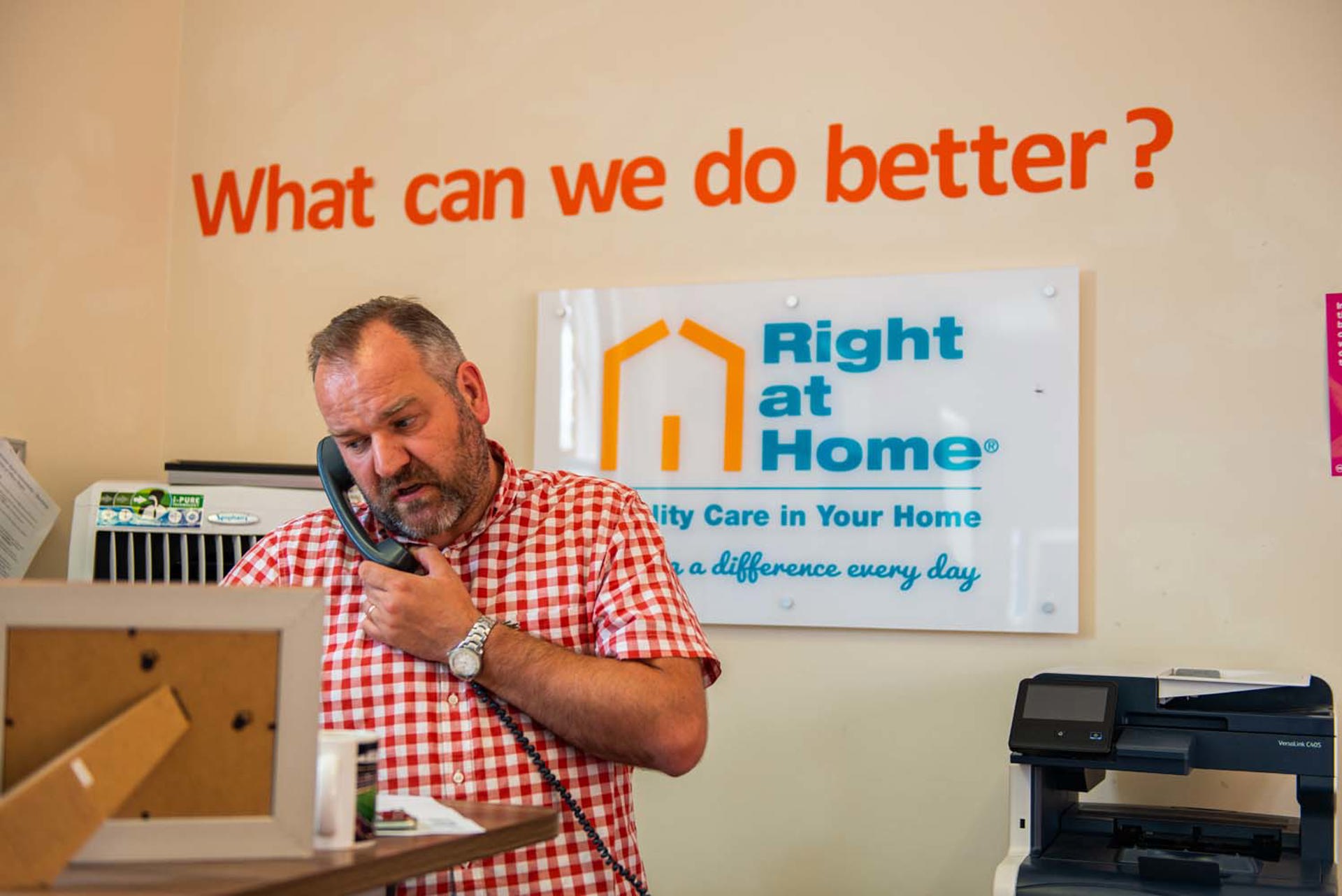
How to create a personalised homecare package
At Right at Home Central London, every care journey begins with a detailed in-home assessment. One of our experienced Care Managers meets with the individual and their family to understand their needs.
We look at:
- Health and mobility - Are there existing medical conditions or physical limitations?
- Daily routines - What areas need support, such as personal care, household tasks or medication?
- Emotional and social needs - Is companionship important? Do they want help staying socially connected?
- Family involvement - How active do family members want to be in day-to-day care?
Based on this, we design a personalised care plan with clear scheduling, responsibilities, and outcomes, all flexible enough to change as life does.
Why choose Right at Home Central London?
Our highly trained, professional Support Workers know that the little details matter. Whether you need personal care, companionship, clinical support or help with daily routines, we build each plan around the individual’s lifestyle and preferences.
Our services include:
- Bathing, dressing and grooming assistance
- Oral hygiene and incontinence care
- Meal preparation and dietary support
- Medication reminders
- Support with shopping, transport, and attending appointments
- Companionship and emotional support
All our CareGivers complete a thorough induction and ongoing training to ensure safe, high-quality care at every visit.
Speak to our Central London team
If you or someone you love could benefit from live-in or hourly homecare, we’re here to help. Call Right at Home Central London on 020 3084 7333 or get in touch online to discuss how we can tailor care to suit your life.
